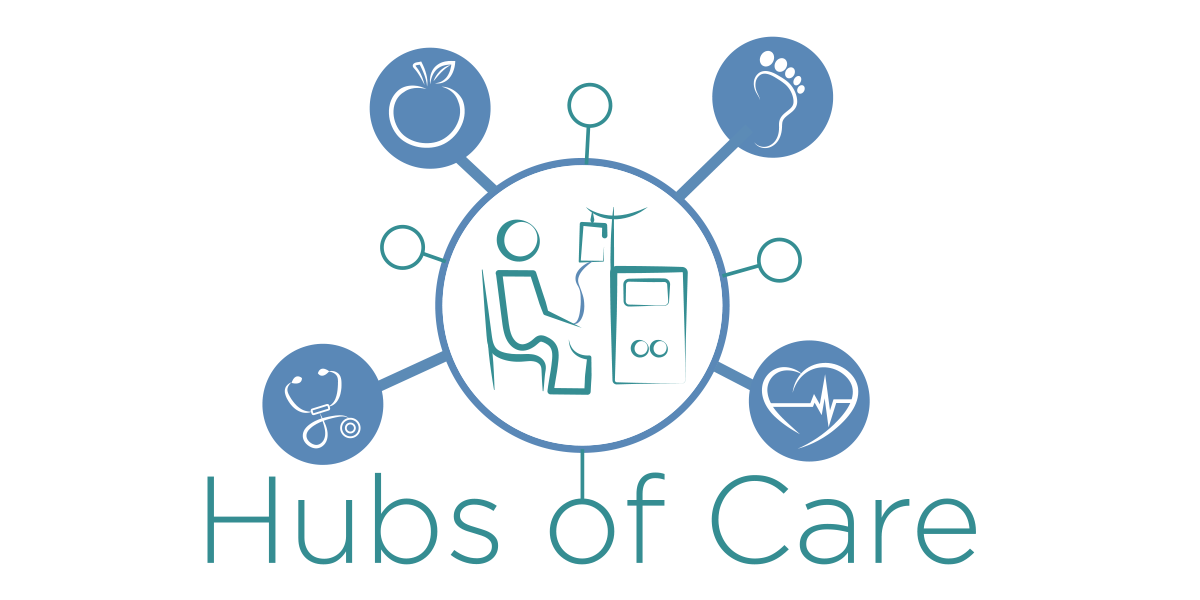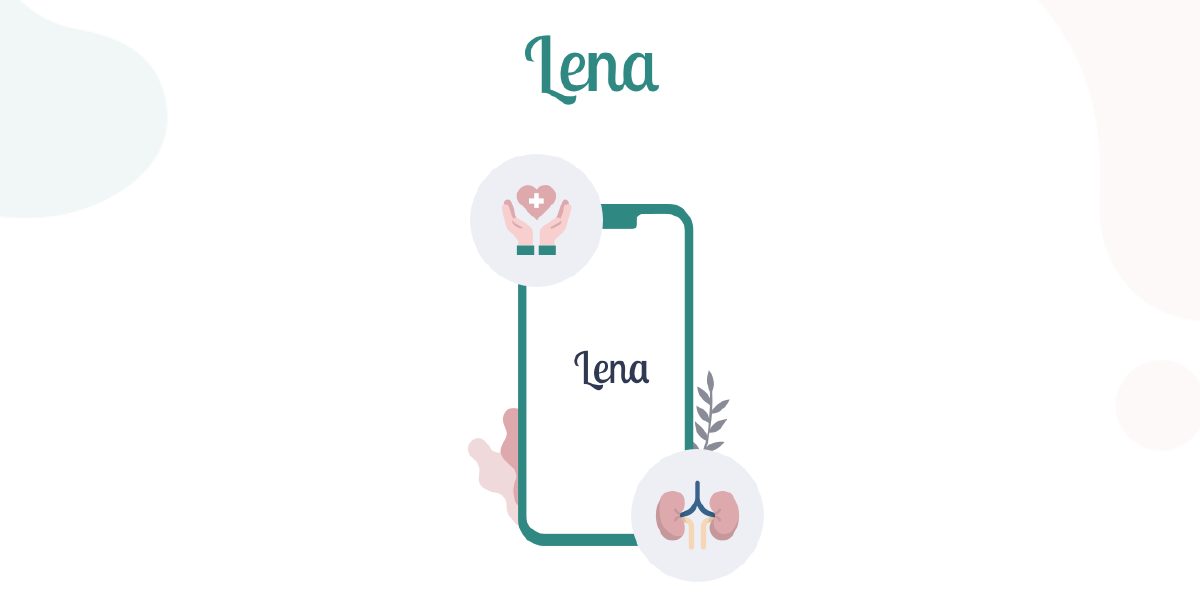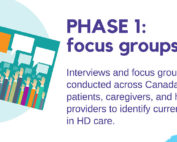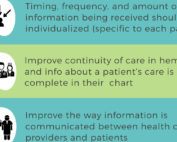Our Work
Health information is widely available to the public, patients are increasingly informed about their conditions, and many are keen to take responsibility for their own health.
New technologies make it possible for patients to communicate with their health professionals and manage their own health information. Our team of patients, researchers, clinicians and health care decision-makers will reinvent kidney care to reflect the needs and capabilities of patients in the 21st century.
We are working with our patient partners, using surveys and focus groups, to identify aspects of the patient experience that are the highest priority for change. Based on the results of these initial studies, we will select the most promising, relevant tools, strategies, and models for transforming kidney care – then refine and test them in rigorous studies.
Wave 1
Phase 1: Focus Groups and Interviews to Identify Challenges to Hemodialysis Care (2017-2018)
Through focus groups and interviews with individuals receiving hemodialysis, their caregivers, healthcare providers and decision makers with experience working in hemodialysis we explored the challenges to hemodialysis care and potential solutions to these challenges in 5 cities across Canada (Calgary, Edmonton, Winnipeg, Halifax and Ottawa).
Phase 2: National Ranking Survey of Challenges Identified in Focus Groups and Interviews (2018-2019)
This pan-Canadian cross-sectional ranking survey aimed to confirm impressions and expand upon data collected from the interviews and focus groups in Phase 1. The survey listed and asked respondents to prioritize the challenges to in-centre HD care identified in Phase 1 by ranking their top 5 topics/challenges in each of 3 categories: Information, Interaction and Individualization. The survey responses resulted in a short list of the top 30 issues/challenges to in-centre HD care.
Phase 3: Face-to-Face Priority Setting Workshop to Identify the Top 10 Challenges to HD Care (2019)
We undertook a face-to-face priority setting workshop involving multiple stakeholders with in-centre hemodialysis experience (patients, caregivers, healthcare providers, researchers and policy/decision makers) from across Canada.
During the workshop, participants used a modified James Lind Alliance priority-setting workshop process to develop a final list of the top 10 challenges to in-centre HD care as related to Information, Interaction and Individualization.
Wave 2
In this wave we are developing and trialing solutions that address the top 10 challenges to hemodialysis care identified in Wave 1.

Hubs of Care
The Hubs of Care project aims to bring a multidisciplinary team of healthcare providers who patients traditionally see in separate clinics (e.g. primary care providers, podiatrists, endocrinologists and cardiologists) into the HD unit with the goals of:
- Decreasing the time and costs associated with attending medical appointments for people receiving hemodialysis.
- Improving communication between healthcare providers.
- Improving the overall patient experience in hemodialysis.
To help us to design this study, our first step is to complete a survey for people on hemodialysis and healthcare providers in HD units across Canada to identify which healthcare providers are currently working in HD units and which additional providers would be most useful to consider bringing into the unit.

Lena
In this project, we are developing an app (called Lena) that grew from the WebAPP Triple I pilot project. Our aim is to develop an interactive educational platform that will allow people receiving in-centre HD to individually choose the type, amount and format of information they receive by interacting with a virtual navigator. Once the initial prototype is developed, we plan to develop additional features such as mental health resources and more.
Completed Pilot Projects
As part of Wave 1, Triple I sponsored several pilot projects that rapidly addressed specific areas of concern for people on hemodialysis.
PiKS (Patient interest in Kidney Services)
PiKS is a patient, family and supporter interest group aimed at helping people live well with hemodialysis. PiKS is a network and supportive forum through which the dialysis community can work together for action and improvement. As a participatory action research pilot, the PiKS steering committee focuses on helping hemodialysis patients manage fatigue and improving the information people receive when starting dialysis. PiKS has held two open forums for patients to share their experience and knowledge on thriving on dialysis with other patients. The group has published A Patient’s Guide to Starting Dialysis, and is in the final stages of editing a related video.
Voice-HD
Voice-HD is a web application (app) created to enhance communication between dialysis patients and their kidney doctors. In this research study, the Voice-HD app was developed for patients who receive hemodialysis treatments at out-patient dialysis units. The aim of the study is to evaluate the benefits of using the app to improve the quality of interaction between hemodialysis patients and their kidney doctors. Through the use of the web app, patients are able to prioritize their health concerns, request medications and schedule a private conversation with their kidney doctor.
Ottawa Pilot Project
This web-application (app) study is intended to help doctors and dialysis patients with abnormal heart rhythms with the decision to use blood thinners for prevention therapy. Blood thinners decrease the chance of stroke among patients with abnormal heart rhythms; however, they increase the risk of internal bleeding. Dialysis patient preferences for therapies may differ from that of the general population as dialysis patients often have multiple health conditions to consider. There are currently no formal tools to assist care-providers and patients determine acceptable ratios of risk/benefit regarding blood thinners. Exploring acceptable risk/benefit ratios will further our knowledge, future research and aid doctor and patient decision-making. This project will examine patient and doctor preferences regarding taking blood thinners for stroke prevention in dialysis patients with abnormal heart rhythms using a new app that assesses differing scenarios of risks and benefits.

